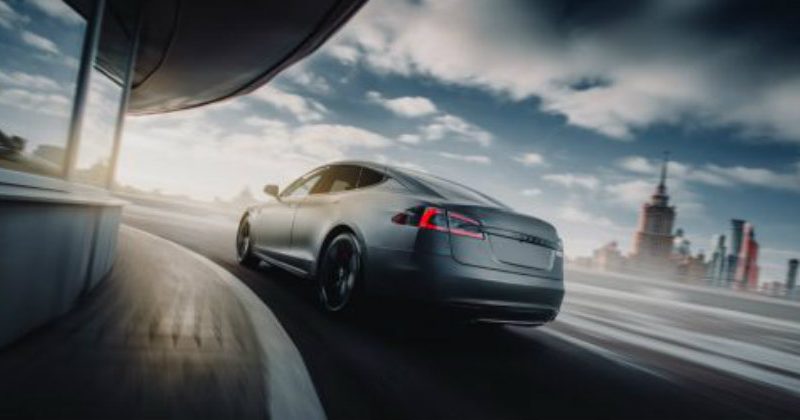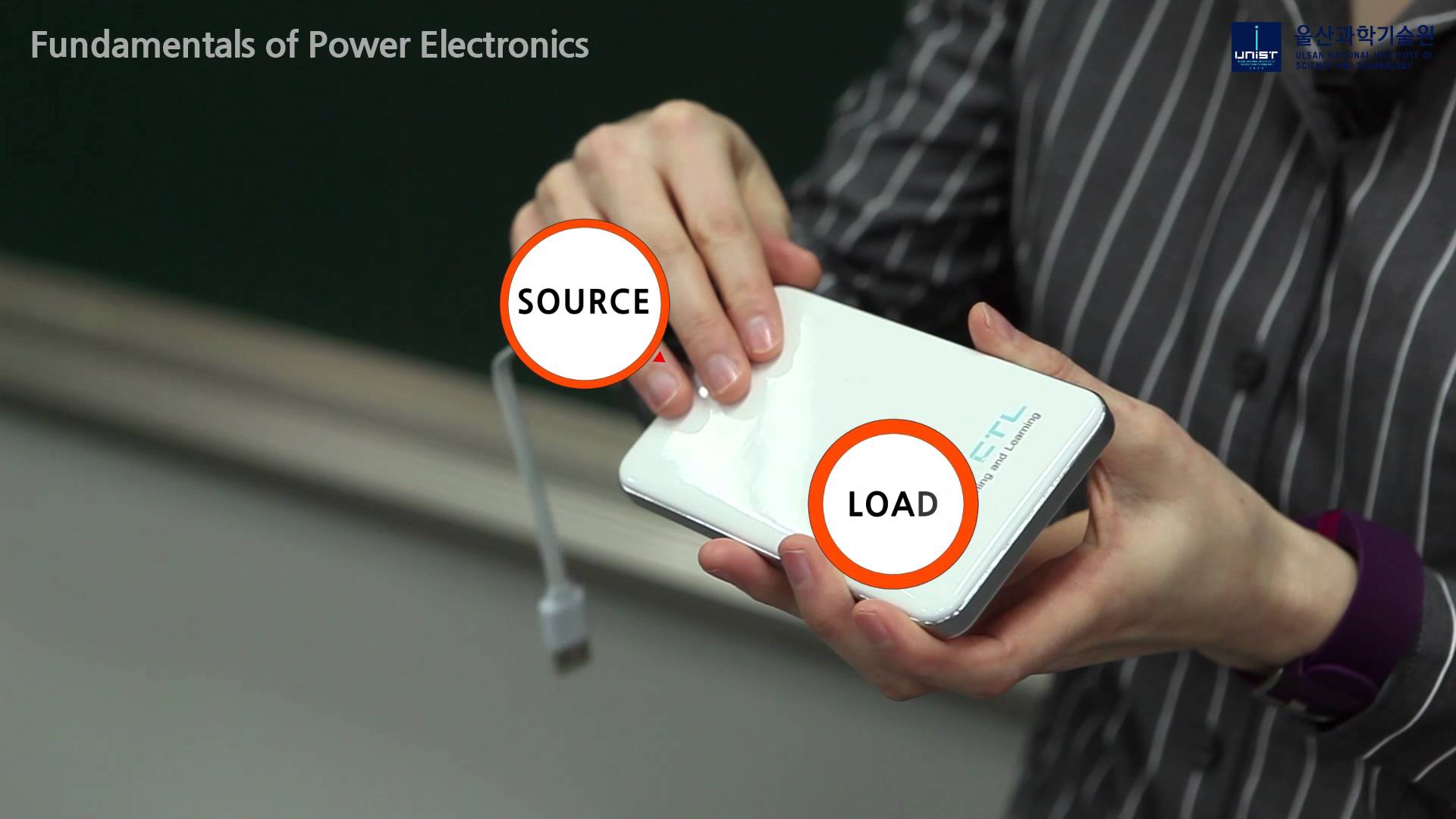Brighsun’s revolutionary long-range EV batteries to enter industrial trials

The dream that lithium batteries could one day power Electric Vehicles (EVs) to travel more than 2,000 km on a single charge is set to become reality, thanks to scientist team of Brighsun New Energy (based in Australia).
Brighsun technology is now entering industrial trials promising lithium batteries with a lifetime of over 2 million km, cell phones charged in 10 minutes lasting for over a week. A revolution is underway.
Through nearly 8 years of research, the scientists at Brighsun New Energy have successfully developed new lithium-sulphur (Li-S) batteries with an energy density 5-8 times higher than conventional secondary batteries. According to test results from an internationally accredited testing agency (SGS), Brighsun’s new technology allows a Li-S battery to keep 91% of its initial capacity after 1,700 cycles under a rate of 2C (being fully charged/discharged in 30 mins). That means the capacity decay per cycle is as low as 0.01%.
Even at a more aggressive rate of 5C (being fully charged/discharged in 12.5 mins), Brighsun’s Li-S battery retains 74% of its initial capacity after 1,000 cycles (capacity decay per cycle of 0.026%). The cathode energy density for the 1th cycle after activation at charge rate of 1C is 2103.8Wh/kg.
Driven by the growing world market for EVs, the battery industry has explored a range of chemical combinations: lithium iron phosphate, lithium cobalt oxide and, currently, nickel manganese cobalt. However, current battery systems still suffer from the major disadvantages of relatively low energy density, high raw material costs and secondary pollution during recycling.
Brighsun New Energy’s advanced Li-S chemistry, offering high energy density and resultant low raw material costs, will be a game-changer in the EV industry. Li-S batteries also have the potential to become the most promising energy storage system for future railways, ships and airlines. Industries such as electric supply grid storage, mobile phones, drones and AI will also benefit from dramatically higher energy density storage provided by Brighsun’s new battery system.
Companies in the US, Germany, Korea and China have all been developing Li-S batteries and have achieved promising breakthroughs. However, these systems still face a number of challenges, including volume expansion of cathode materials during cycling, the shuttling effect of poly-sulphides, and the dendritic growth of lithium on the anode. This results in shorter cycling life and poor fast-charging capability, both major obstacles to their application in the world automotive industry.
Brighsun New Energy has patented Li-S battery technology that prevents the generation of poly-sulphide on the sulphur cathode and effectively suppresses dendritic growth of Li on the anode Li-S, paving the way for Li-S battery use in EVs.
Brighsun has already developed processes for the production of cathode materials, electrolytes, separators and lithium sheet anodes, of which the core materials, anodes, electrolytes, and separators can be produced in batches. Trial production of high-power cells, with an expected energy density in excess of 1,000 Wh/kg, is about to begin.
The company is also developing its own solid-state electrolyte, compatible with its Li-S system, aiming at further improvements in the cycling life, energy density and safety of its Li-S batteries.
The main raw materials for Brighsun’s Li-S batteries are widely available in Australia, with a supply sufficient for hundreds of years. Indeed, at under AUD100 ($63) for 1kWh, the expected production cost of Brighsun-branded 2U Li-S batteries is lower than conventional lithium ion batteries—providing a major boost to the development of electric vehicle and related industries in Australia and around the world.
Brighsun is currently in discussion with potential investors in the large-scale trial production of Li-S batteries. The development process for large-scale production is expected to be finished by end-2020, followed by the mass production of Li-S batteries.
Brighsun’s new, energy-dense Li-S battery is expected to accelerate EV take-up around the world, spurred by dramatically improved single-charge travel performance, low cost and long life. Combined with the relative simplicity of EV design compared to internal combustion engine/hybrid vehicles, consumers and industry alike are set to benefit from lower cost, emission-free transport. At the same time, Brighsun’s 2U Li-S batteries offer huge benefits to the mobile phone and solar-electric storage industries, generating dramatic performance improvements in both.



































